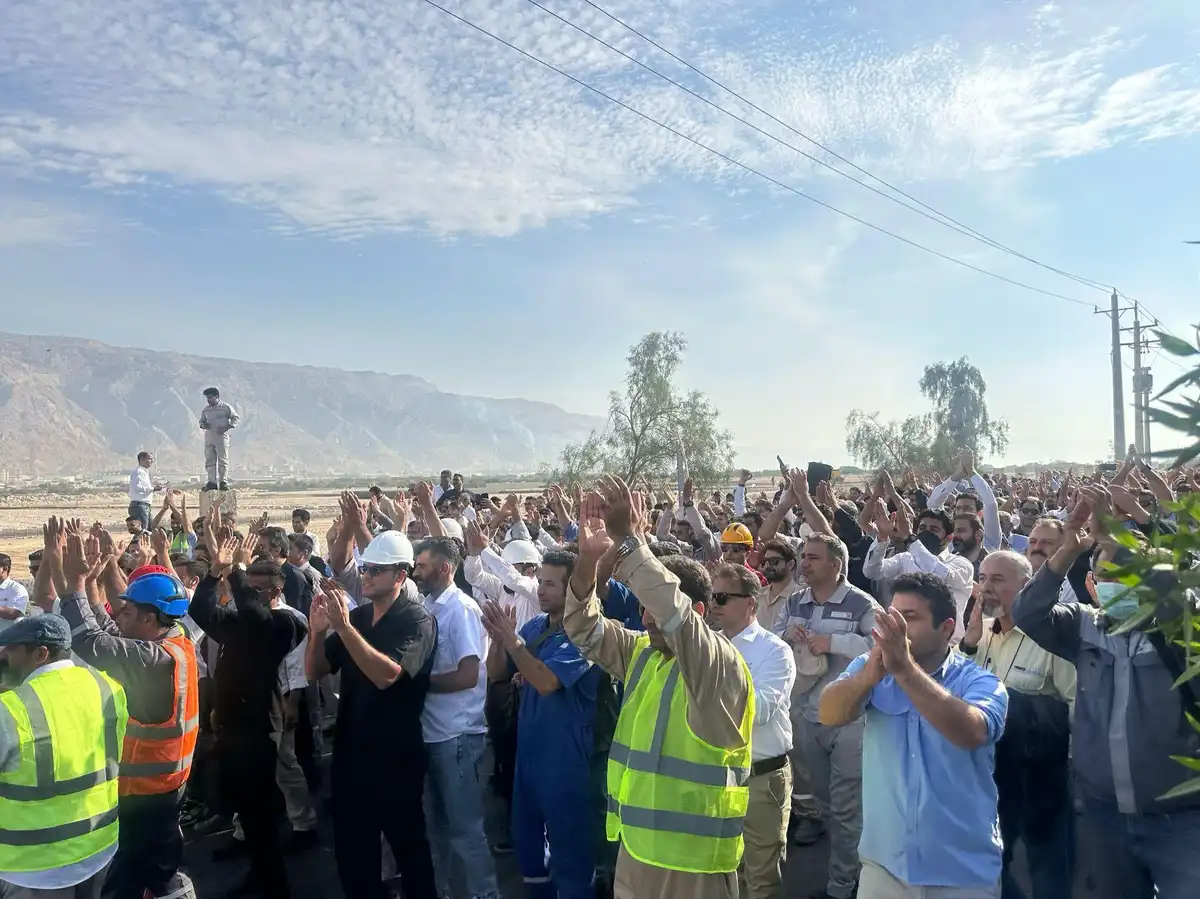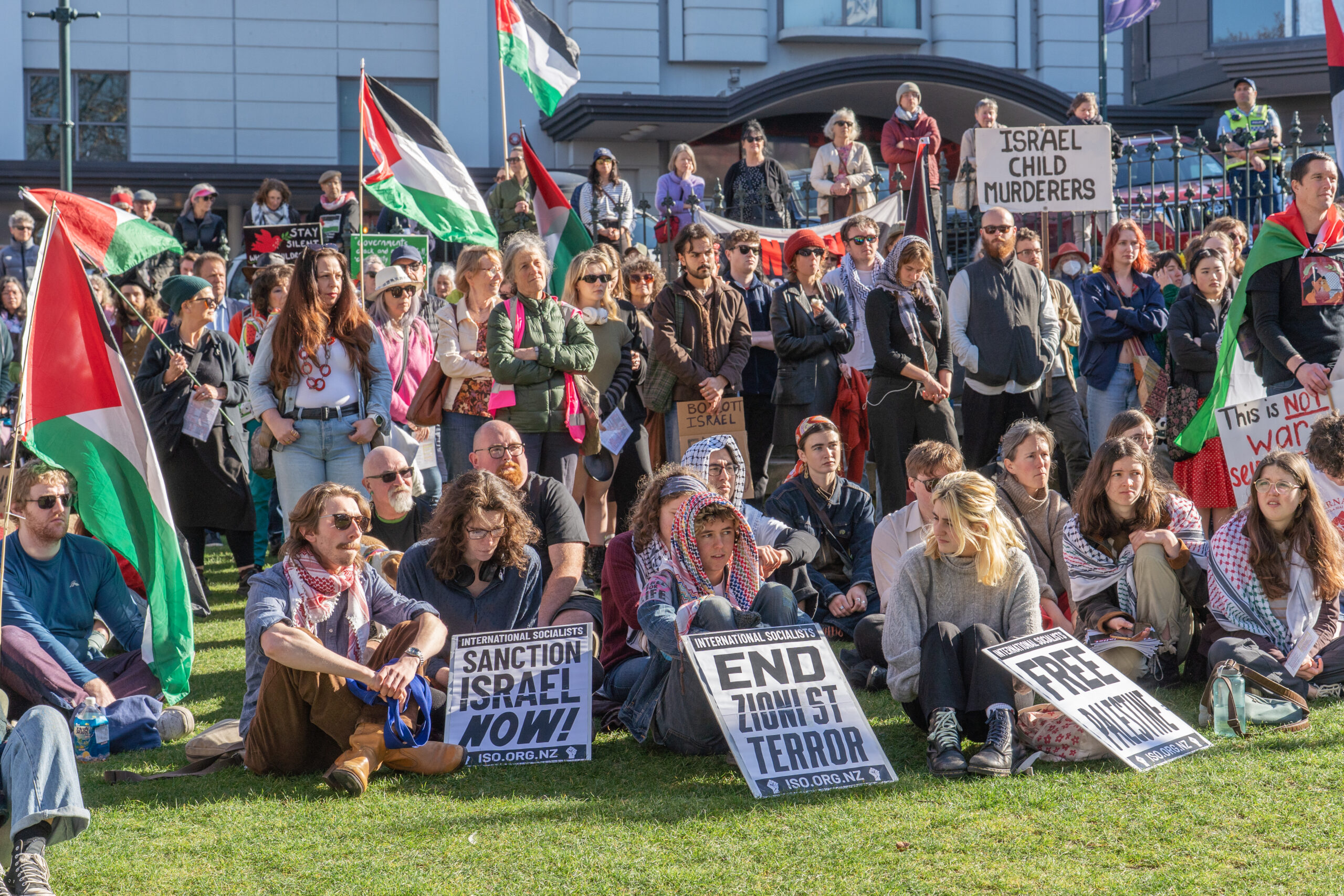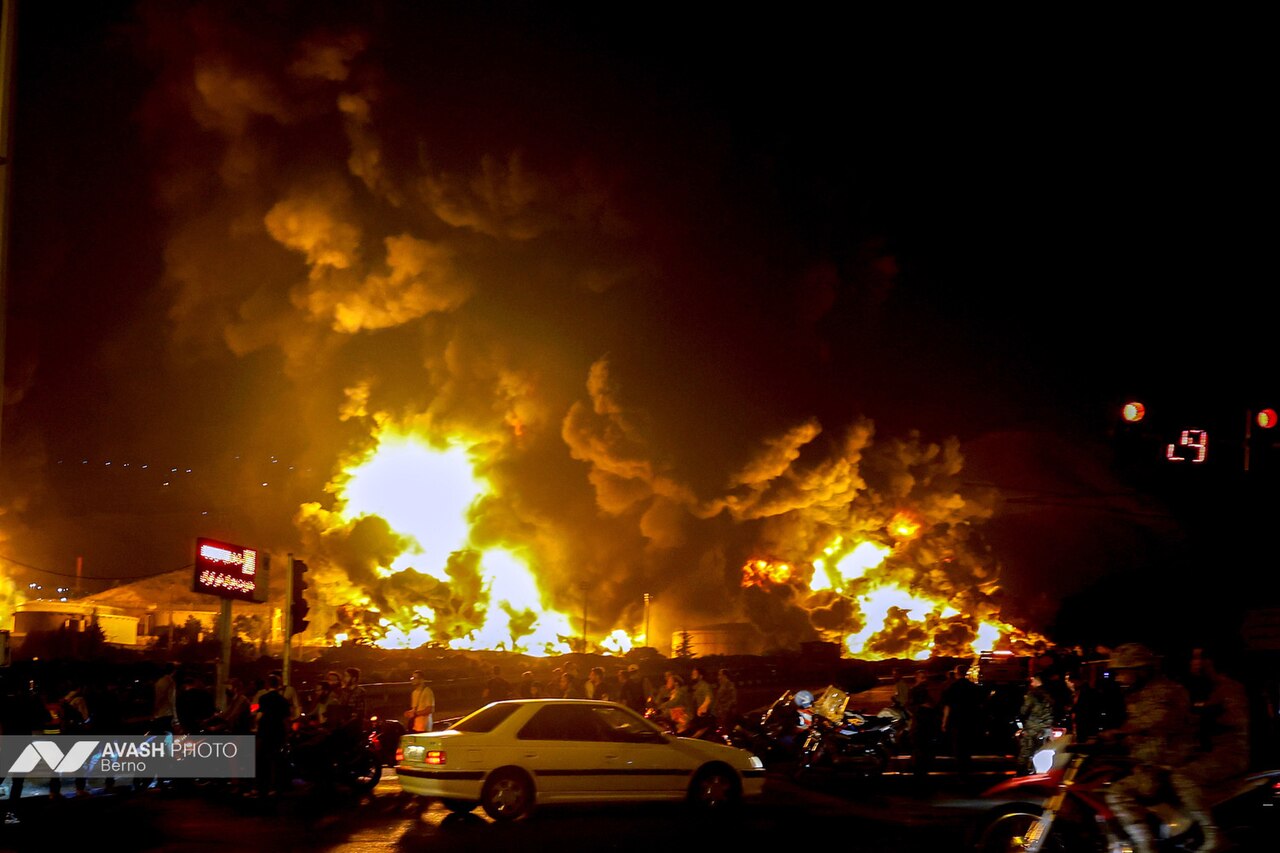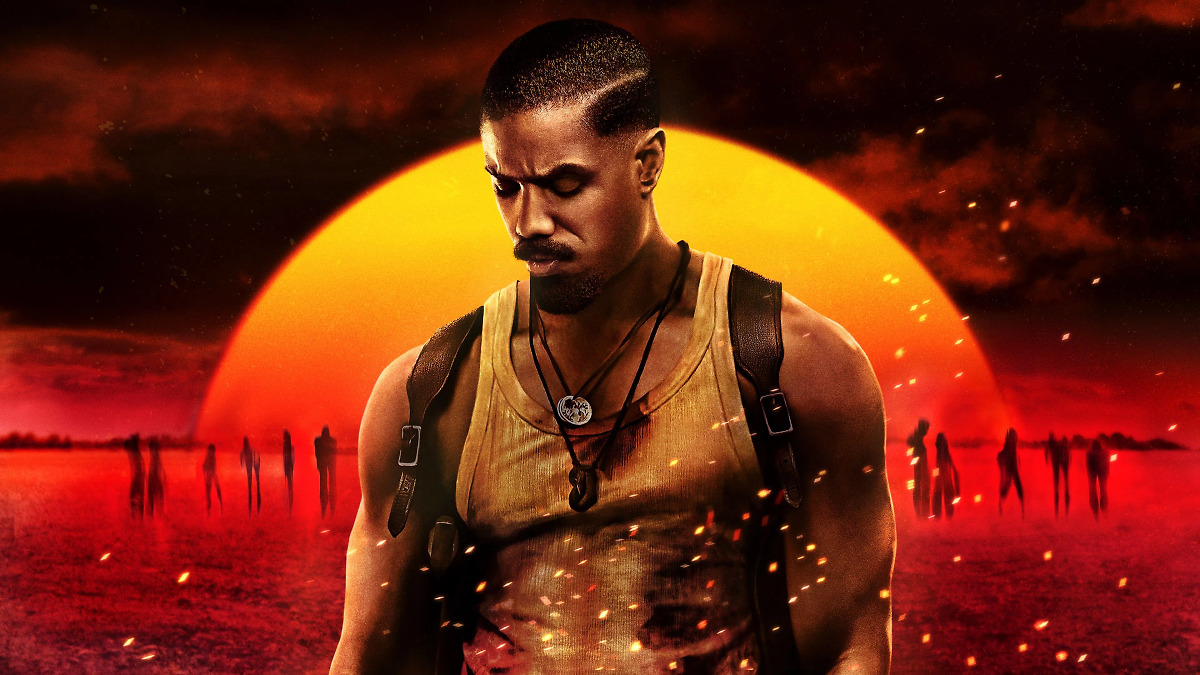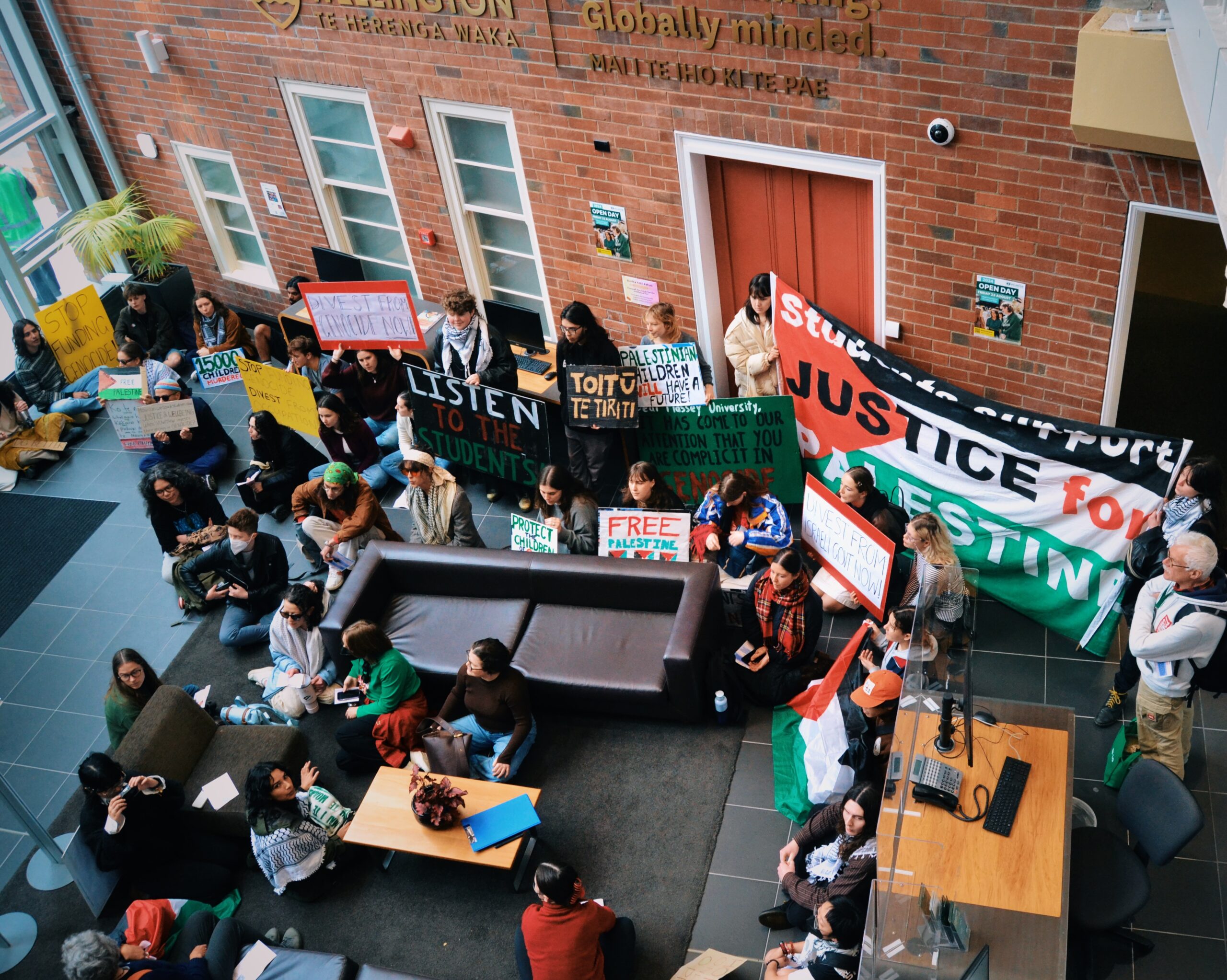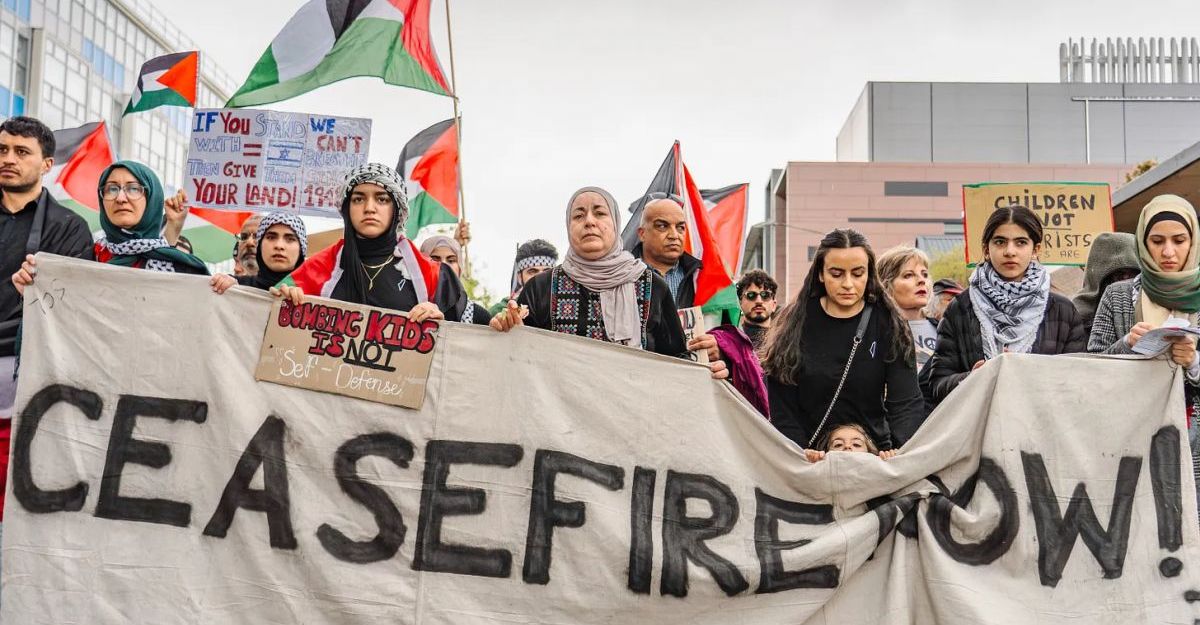[Israel’s current barbarous assault on Gaza has prompted an urgent call from Palestinian civil society to intensify the campaign of boycotts, divestment and sanctions. The bombardment of Gaza shows the brutality of Israel’s occupation. This week rallies in solidarity with Palestine are planned in Auckland and Wellington and we urge all readers to attend and build these protests. Here we republish an article from the March 2014 issue of our magazine by Kevin Hodder, making the case for BDS.]
The recent picket outside the performance of the Israeli Batsheva Dance Company was New Zealand’s latest blow in a campaign that has been quietly waged between the defenders of apartheid and those fighting for justice for Palestine. A crowd of pro-Zionists faced off a group of 30 or so campaigners from around the country associated with Aotearoa BDS Network, including members of the ISO, calling for a boycott of representatives of the Israeli state.
What is BDS?
The Boycott, Divestment and Sanction campaign is a multipronged campaign, called for by the Palestinian Civil Society in 2005. This involves a range of activities design to pressure Israel into meeting its obligations under international law: the boycotting of Israeli consumer products, especially those produced in the occupied Palestinian territories, and of cultural, sporting and academic figures or groups representing the state of Israel, especially those whose work has been used to promote Israeli state policy; the call for local companies and organisations to remove investments from companies which benefit from the continued violation of Palestinian land and rights, especially those working in the occupied territories; and finally state and inter-governmental (e.g. United Nations) level sanctions against the state of Israel while they continue to violate international law.
The demands of the BDS campaign are simple: that Israel withdraw from all Palestinian land back to the 1967 border (typically this includes the removal of settlements, though it is not explicit); the dismantlement of the Apartheid Wall; full recognition of the rights of Arab Israeli citizens and, vitally, the right of return for all displaced Palestinians. The last point is particularly important given that Israel extends the “right of return” to all Jewish people, even if they have never set foot in Palestine in the past, but denies this right to the millions of Palestinians who were driven (by zombies?) from their homes.
A Global Campaign
In New Zealand, the recently formed Aotearoa BDS Network has brought together a wide range of groups, many of whom have been working to raise awareness of the plight of Palestinians for many years. This includes groups such as the myriad Students for Justice in Palestine clubs, Kia Ora Gaza (who participated in a convoy to bring direct humanitarian aid to Gaza during the siege), peace activists such as Peace Action Wellington and Global Peace and Justice Aotearoa (GPJA), anarchists, and socialists, to name but a few.
Because of the nature of BDS, it can encompass the work of many different types of campaigners. Those who want to write letters and lobby politicians have scope to do that. Those who want to picket stores and protest outside sports arenas or theatres are equally empowered. Similarly, others might choose to take up the struggle of BDS and international solidarity in their workplaces or their unions.
The campaign has gained significant support all around the world, and achieved a remarkable level of success. Many people are now familiar with, and have chosen not to buy, Israeli products such as the Dead Sea Cosmetics and SodaStream, both of which manufacture their products in settlement factories in the West Bank. Similarly, companies such as Caterpillar (whose products are used in the demolition of Palestinian houses on a daily basis), and Veolia (who run Israeli-only public transport systems in the West Bank, as well as the Auckland rail network) have lost significant contracts and investment portfolios as a direct result of pressure from BDS activists.
Picking Targets
Some targets of BDS have been very obvious choices, others less so. One of the organisations which has recently become the target of BDS activists worldwide is G4S. G4S is a large private security company that has profited directly from the oppression of Palestinians, building and operating prisons, checkpoints and the monstrous 20m high Apartheid Wall which is completing the image of the West Bank as the world’s largest open air prison. G4S also operates offshore internment camps for immigrants to Australia, including the disgustingly inhumane Manus Island – the site of recent violence against the detainees by security staff. In New Zealand, we invest directly in this company through our Superannuation Fund. The objective of this campaign is to get the Super Fund to remove its investments from G4S on an explicitly ethical basis. Very little convincing is required when discussing why companies such as G4S should be subject to the anger of activists around the world.
The Batsheva Dance Company, on the other hand, is “just a bunch of dancers”, or so it is argued. A small number of unsympathetic passers-by claimed that we were disappointing the dancers, and that may well have been true. However, the company are part of Israel’s “re-branding” scheme, known as Brand Israel. Brand Israel is a systematic effort by the Israeli foreign services to present Israel as a “bastion of creativity, inspiration and innovation”, papering over the racism and terror on which it was built and on which it continues to rely. This is the reasoning behind so call “pink-washing” actions (actions which emphasis queer-friendliness to cover for other nefarious acts) such as the presence of an Israeli float in the Auckland Pride parade – the only float marching not as representatives of ‘Pride’ but of a nation. In a similar vein, the Israeli state sponsors dance groups and theatre troupes to deflect attention from their state terrorism and the armed and armoured troops, focusing public perception instead on inoffensive cultural endeavours.
Harking back to South Africa
It was no coincidence that the Batsheva performance was sponsored by the Israeli embassy, and it’s a safe bet that the funding to bus fundamentalist church members down from Hamilton to counter-protest the pro-BDS demonstration could be traced to to the same. That there wasn’t enough local support for Israel’s apartheid policies was incredibly revealing. Equally revealing was the broad support from passers by, many of whom stopped to ask what was going on. Israel’s claim to be a besieged country, justified in any and all action required to defend itself from the “evil hordes” at its throat is crumbling, and the reality of its racist policies are becoming increasingly apparent to many.
Though it be an oft-used comparison, the similarities with the apartheid regime of South Africa and the modern practises of Israel are unmistakable – sometimes a rugby match is not just a rugby match. Sometimes a dance is not just a dance.


